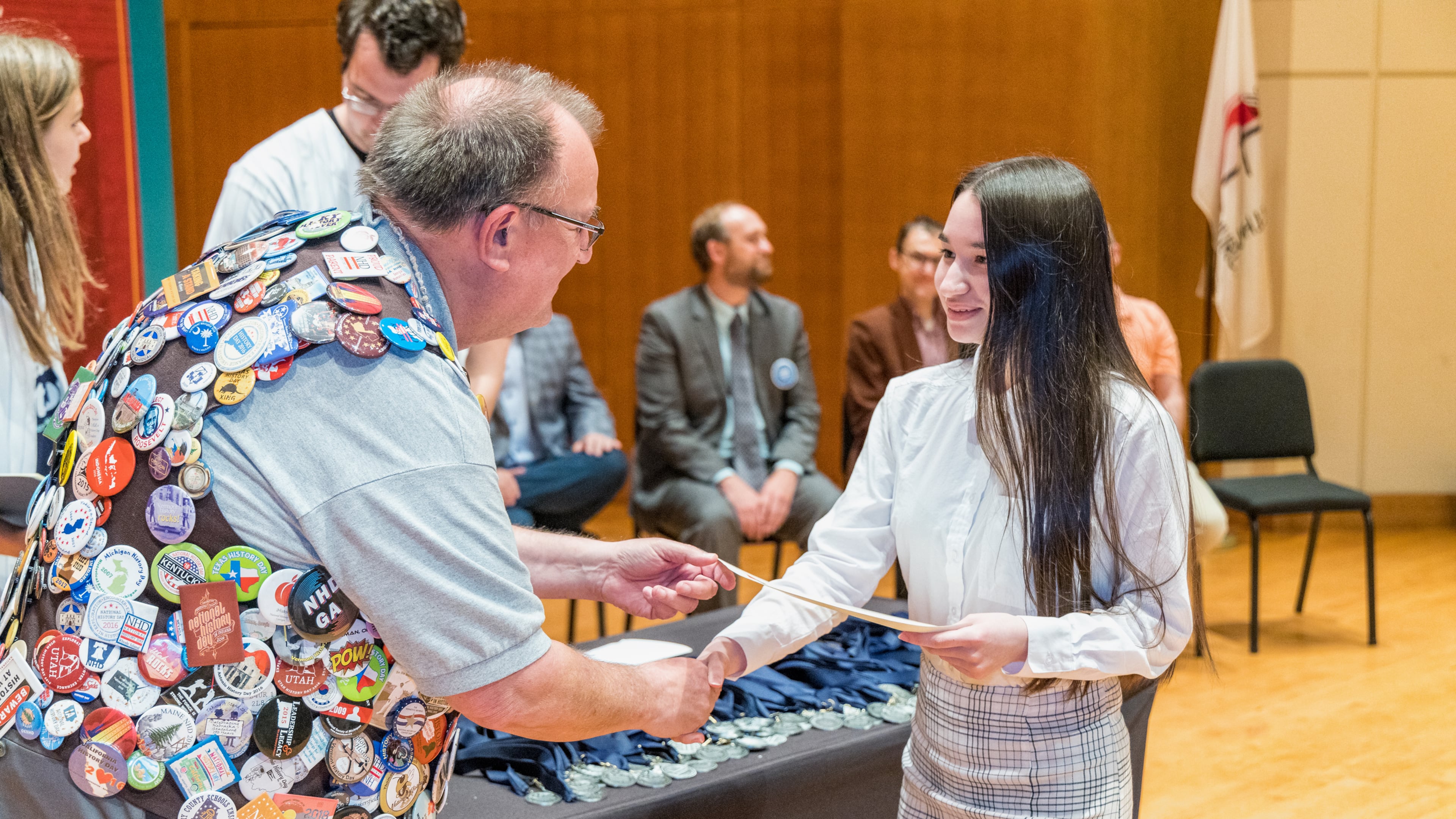Silencing the storytellers: What Georgia loses when we defund the public humanities

On April 2, Georgia Humanities received a devastating message from the National Endowment for the Humanities: our general operating grant — which has brought nearly $4 million into the state over the past three years — was canceled, effective immediately. The news arrived not with warning or rationale, but with finality. A major federal investment, dedicated by Congress to the people of Georgia, vanished overnight. What we are facing is not merely a budget cut. It is the unraveling of a fabric that holds Georgia’s communities together.
The public humanities are not luxuries reserved for the few. They are the scaffolding of civic life. They are not confined to lecture halls or research libraries — they live in K–12 classrooms, public libraries, school gyms, museums and rural courthouses. They connect neighbor to neighbor and generation to generation. They elevate individual voices while celebrating our shared humanity. When we defund Georgia Humanities, we are not trimming excess — we are cutting the threads of connection, meaning and memory across all 14 of our congressional districts.
Georgia Humanities is the state’s officially recognized, NEH-designated affiliate — our work spans the full breadth of Georgia. Last year alone, we partnered with more than 250 community organizations, bringing storytelling, scholarship and civic dialogue to towns that might otherwise have none. In rural communities, our grants and programs are often the only source of cultural enrichment available. That’s not hyperbole — it’s reality.
So what will Georgia lose if these cuts hold?
Start with history. The New Georgia Encyclopedia, a free authoritative digital resource used by teachers, students, journalists, researchers and everyday citizens alike, has been a trusted cornerstone of Georgia’s identity for over two decades. Defunding Georgia Humanities threatens its very existence.
Next, consider access. In 2026, the Smithsonian’s Museum on Main Street exhibition — scheduled to travel through rural communities across the state — was set to bring nationally curated stories to local audiences. That future is now uncertain.
Then, there’s education. Our National History Day Georgia program, run in partnership with LaGrange College, is a yearlong, immersive educational experience. In recent years, it has engaged tens of thousands of Georgians annually — students, teachers, parents and volunteers alike. This is not a single day of academic exercise. It’s a transformative process that trains teachers statewide; prepares students for college, career and citizenship; teaches critical thinking and research; and inspires self-confidence. As one educator wrote, “National History Day lights the fire of story in the hearts of students.” That fire is in danger of being extinguished.
The loss is also economic. Georgia’s Department of Economic Development has documented the profound fiscal impact of nonprofit arts and culture — $1.3 billion annually. Georgia Humanities brings federal dollars into local communities — and multiplies them through partnerships, philanthropic support, corporate sponsorships, and competitive grant writing. These investments fuel programming that deepens local engagement, strengthens educational outcomes and fosters statewide collaboration.
But beyond the numbers lies a deeper truth: the defunding of Georgia Humanities is a defunding of community, of belonging, of identity. It hollows out the spaces where we listen to one another, learn from the past and imagine a more connected future.
Culture is not ornamental — it is foundational. It is how we know who we are, where we’ve been and where we are going. The humanities are the civic backbone of a democratic society. Georgia Humanities doesn’t simply reflect the state’s culture — it helps build it, sustain it and share it.
To defund this work is to say that Georgia’s stories, voices and communities no longer matter.
We believe otherwise.

Mary McCartin Wearn is the president of Georgia Humanities.




